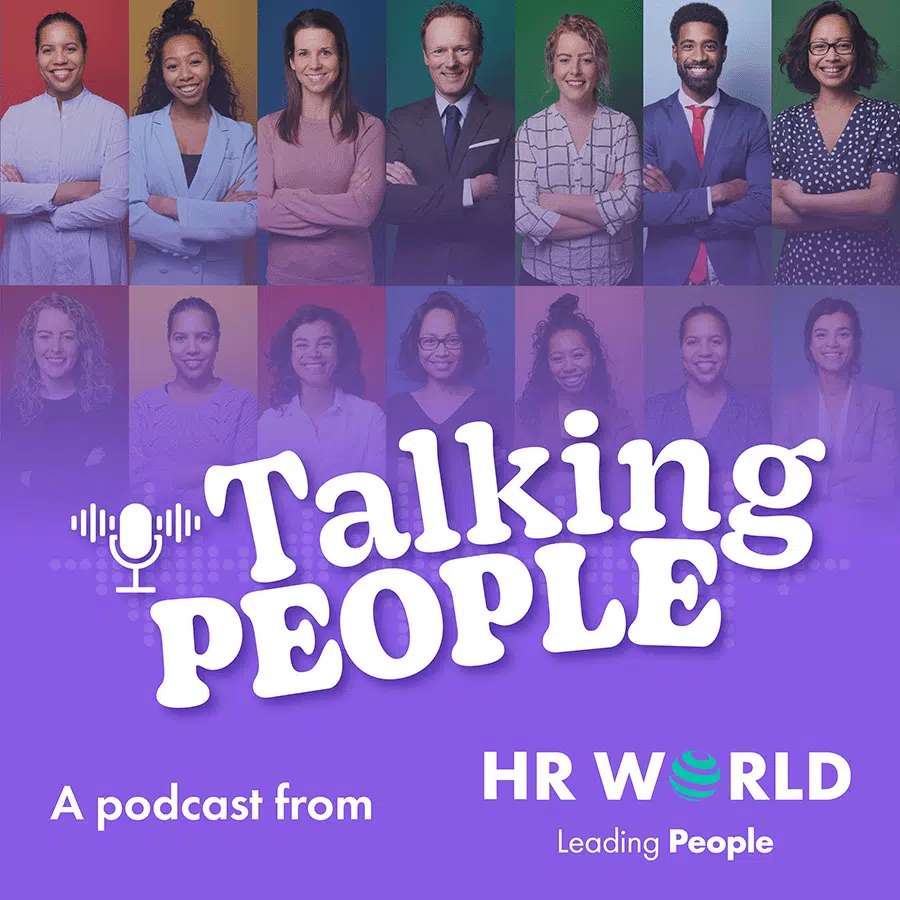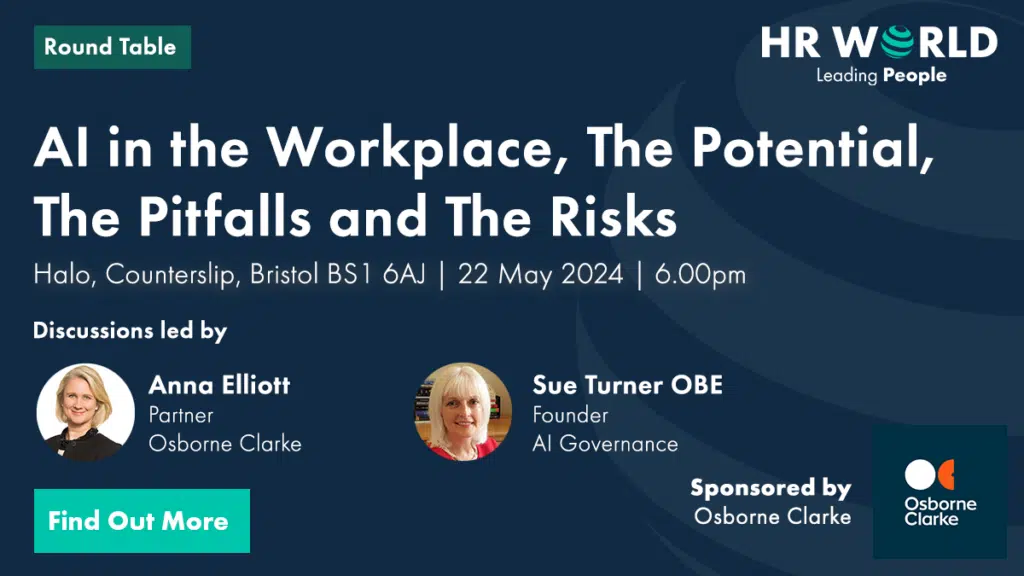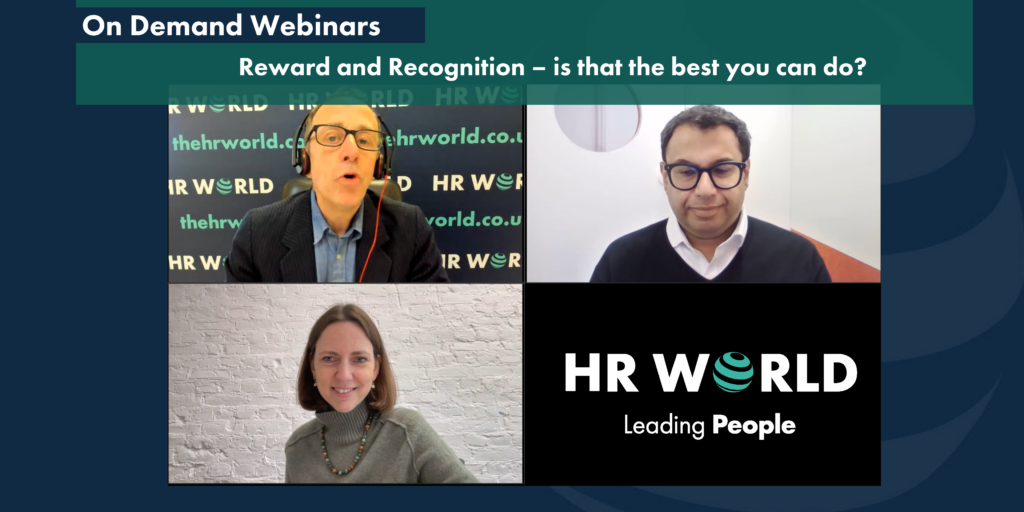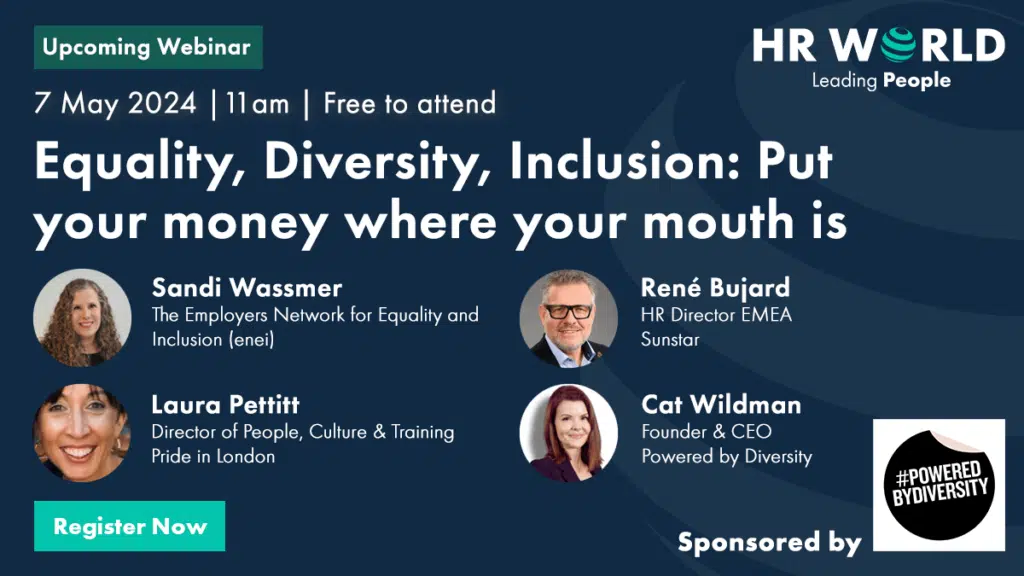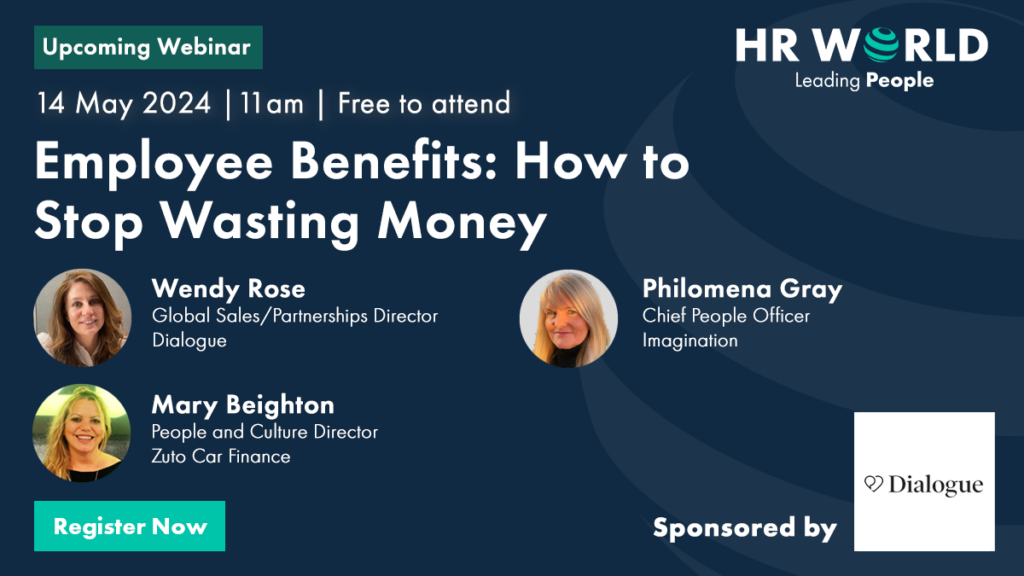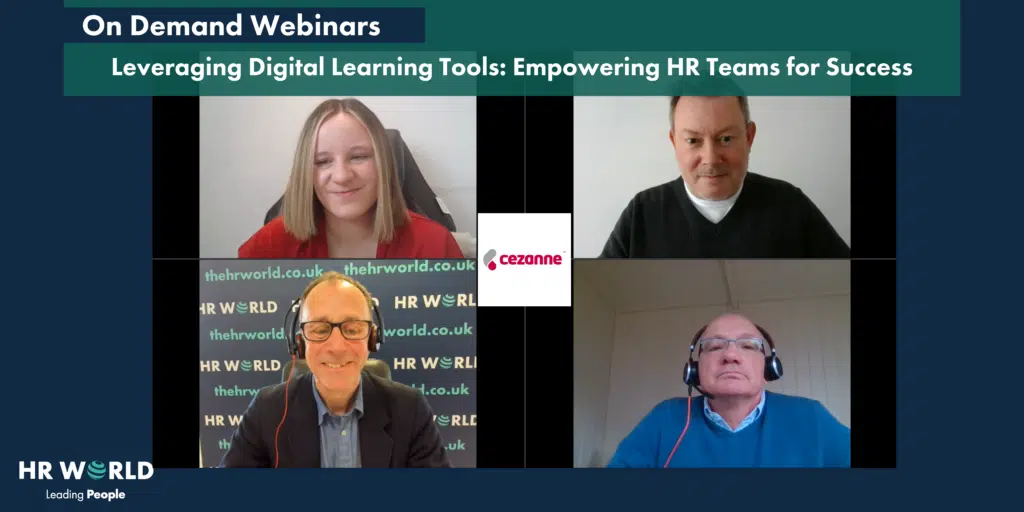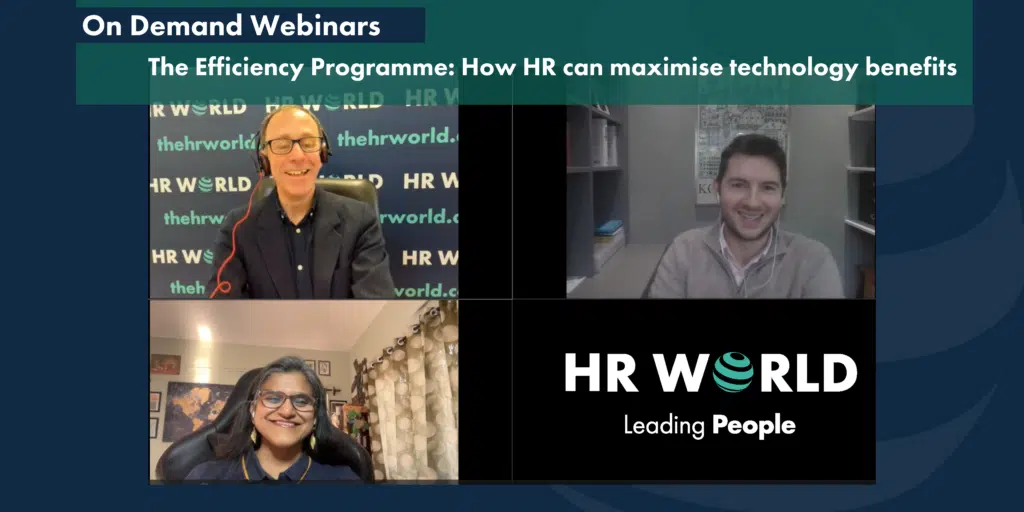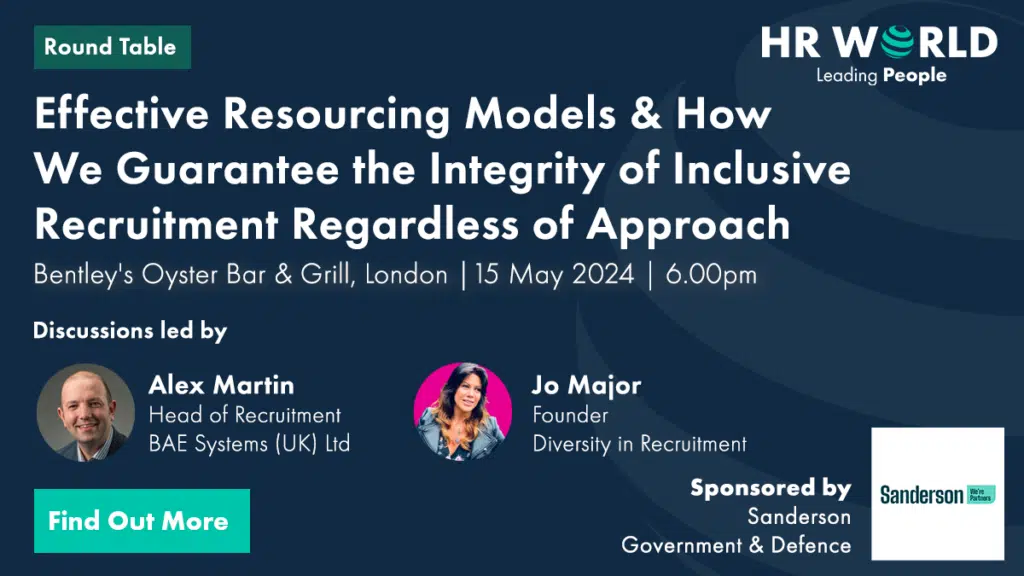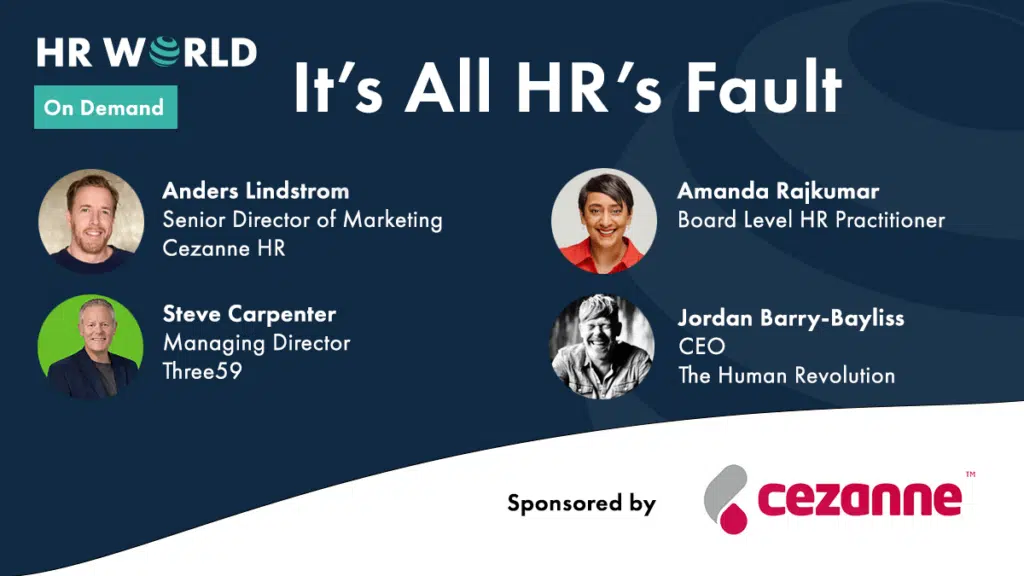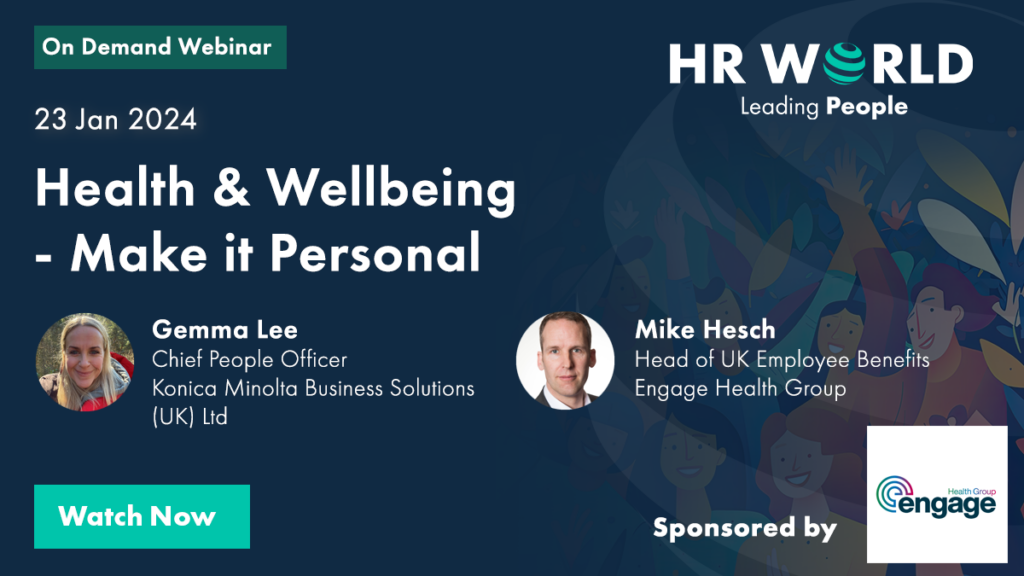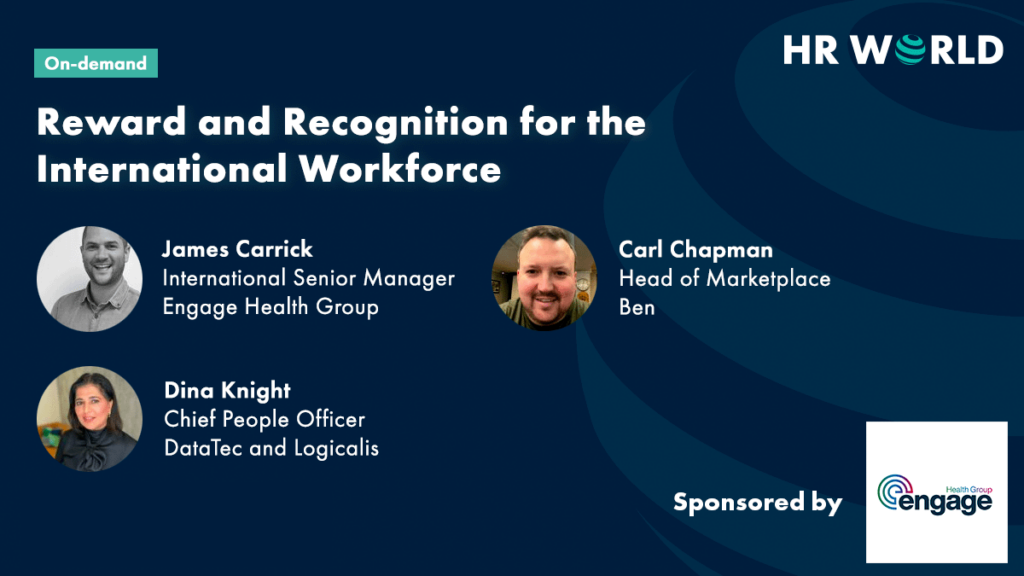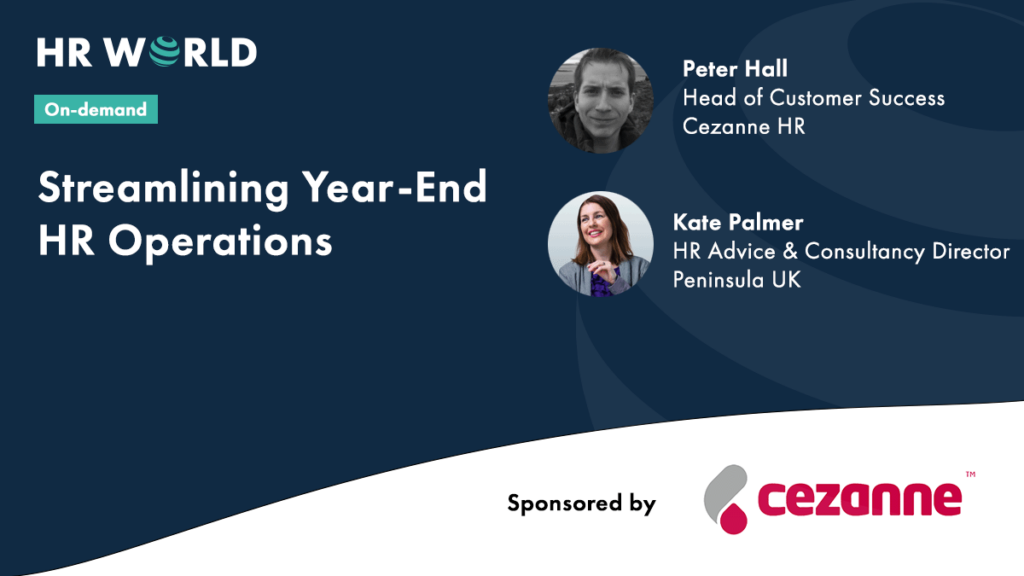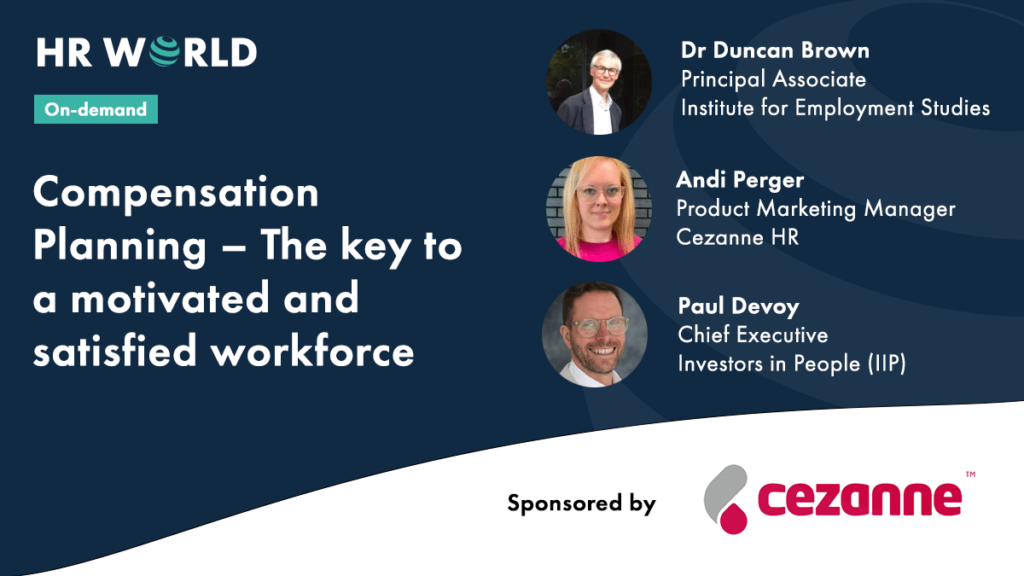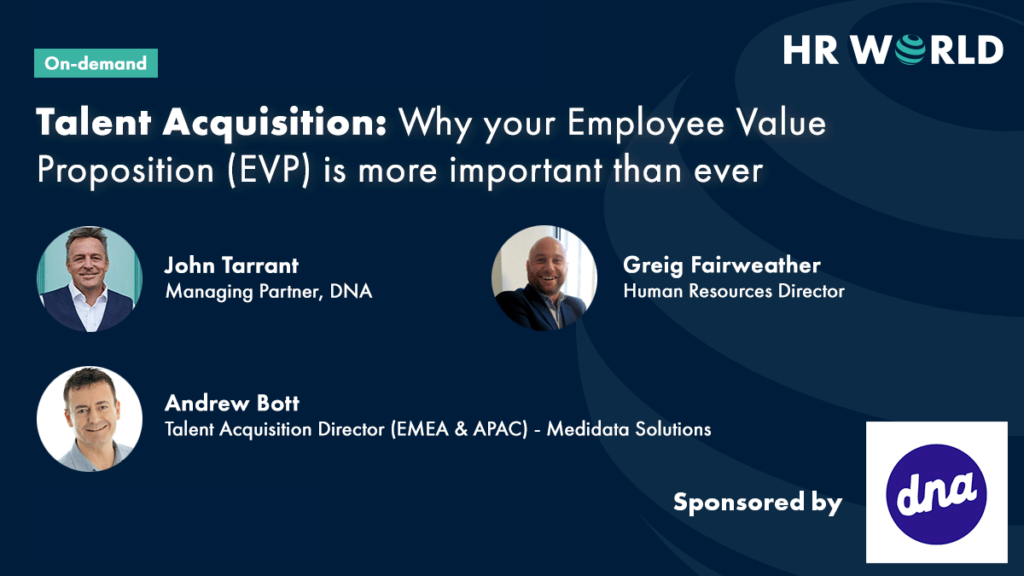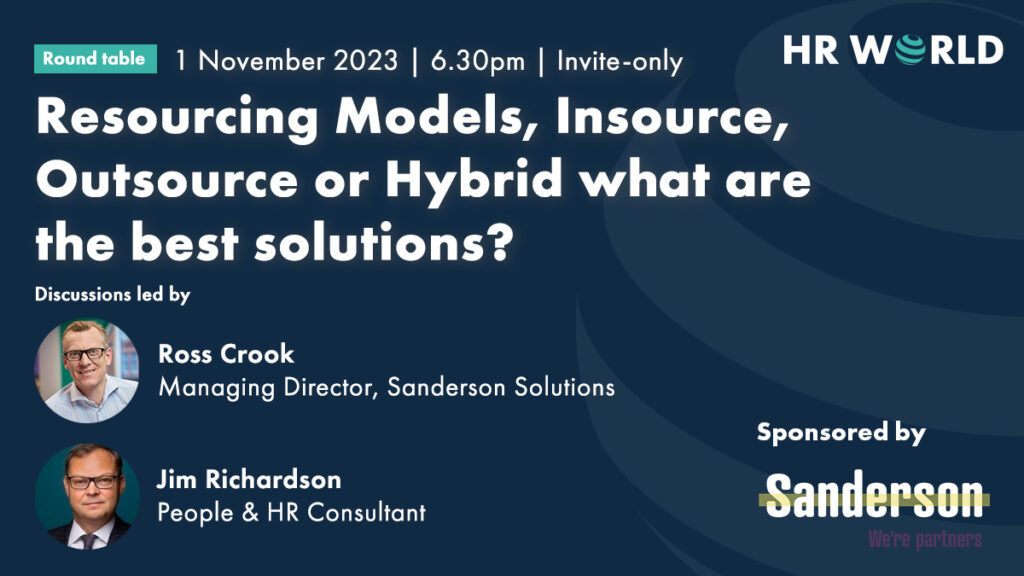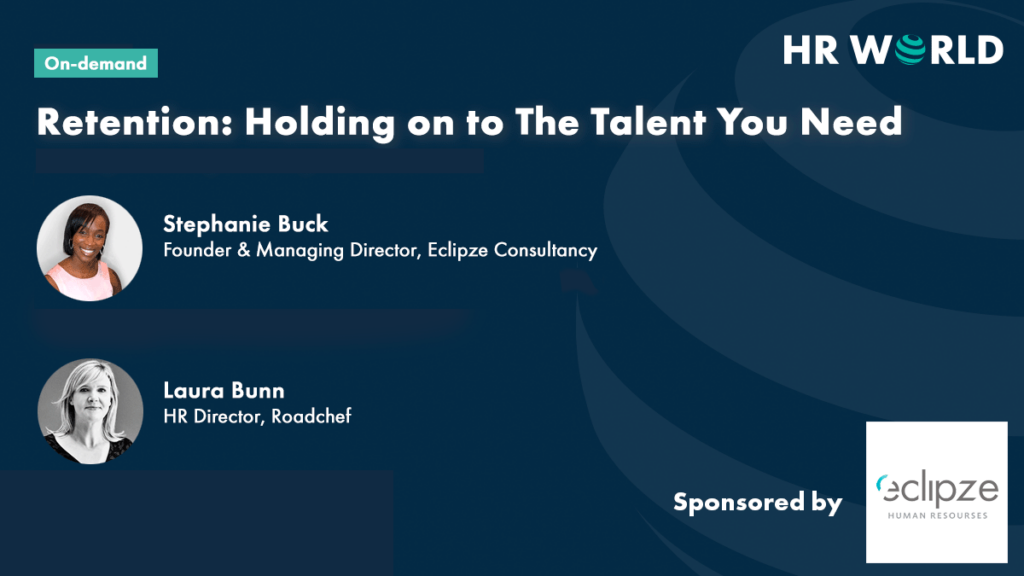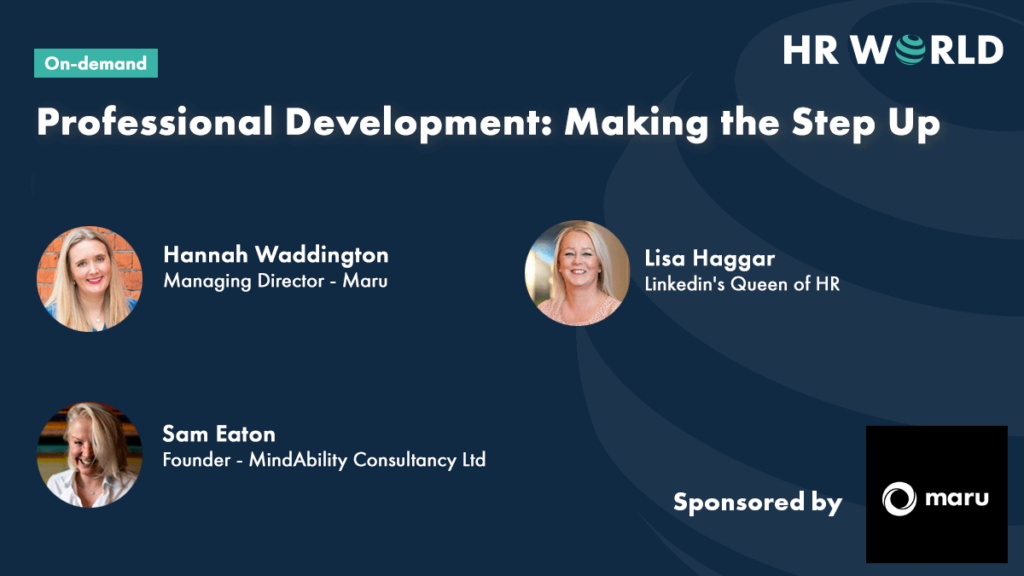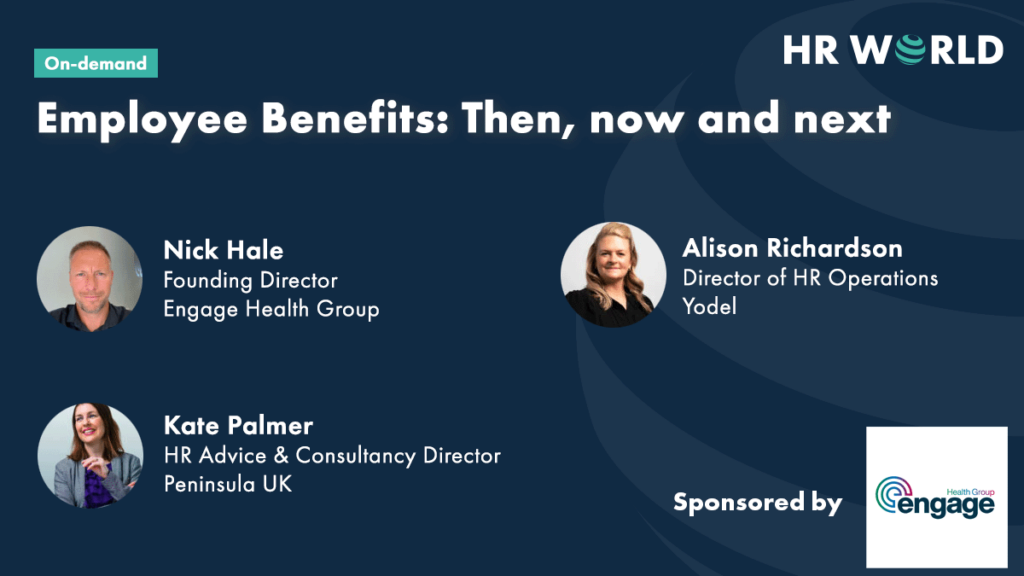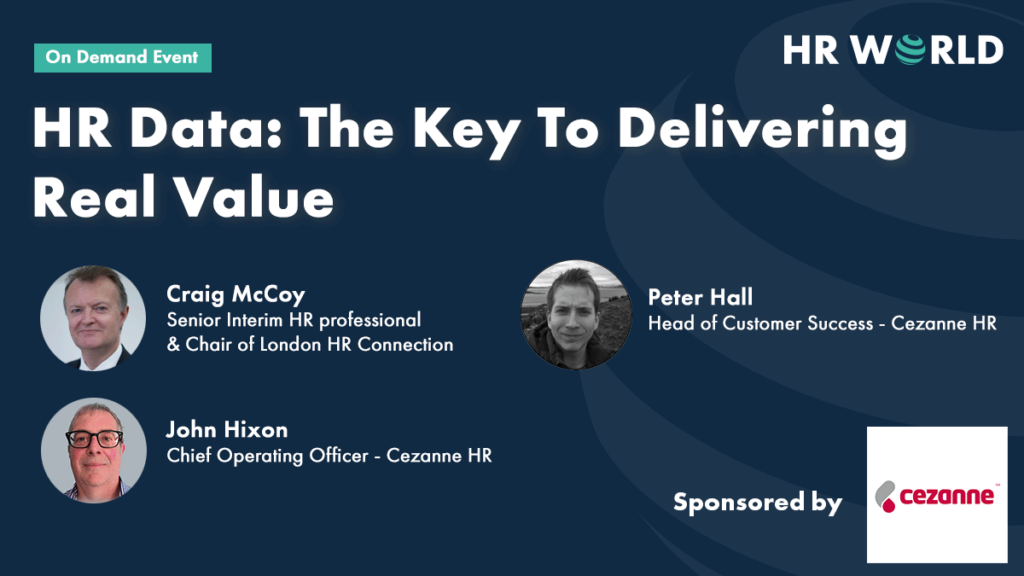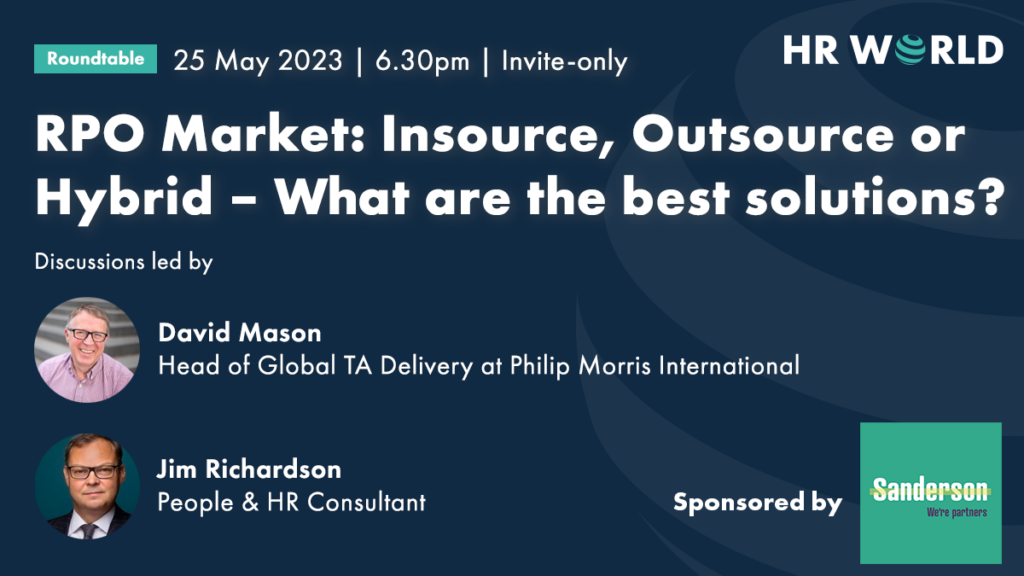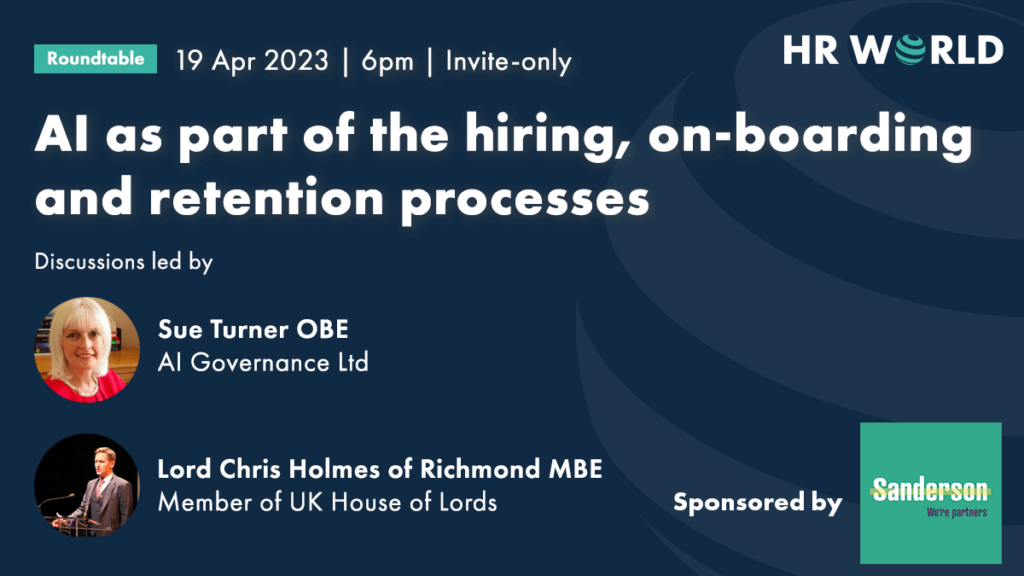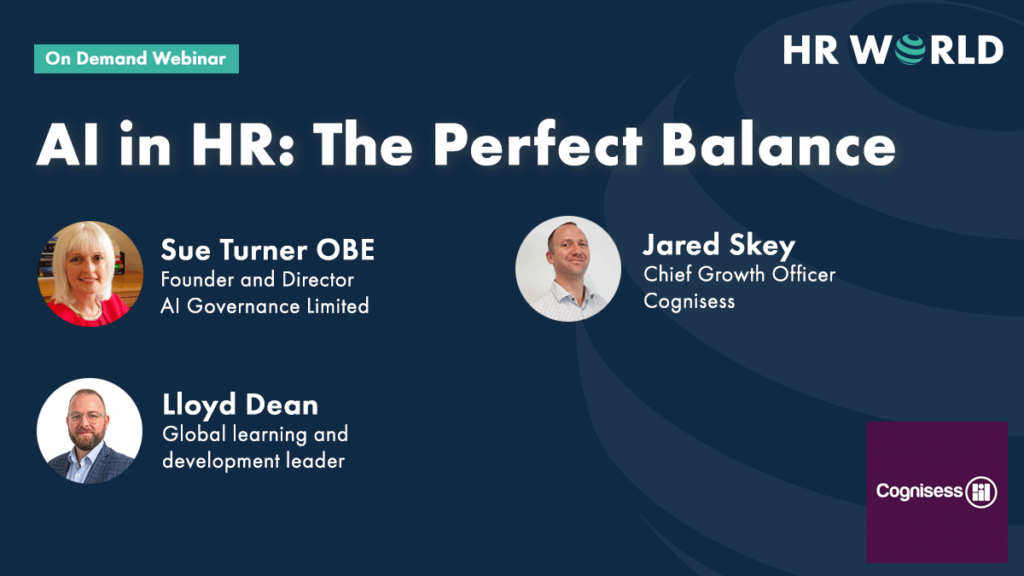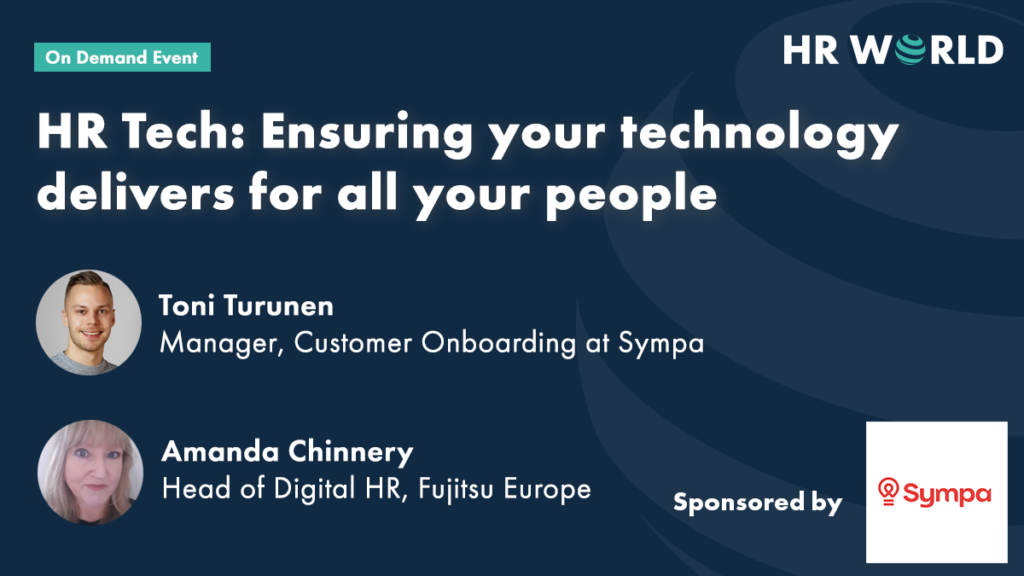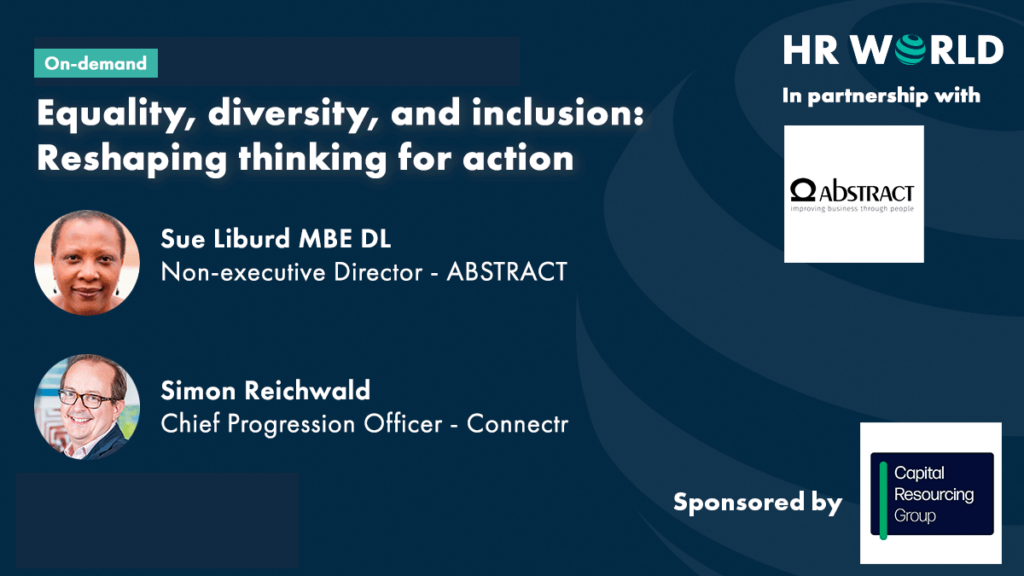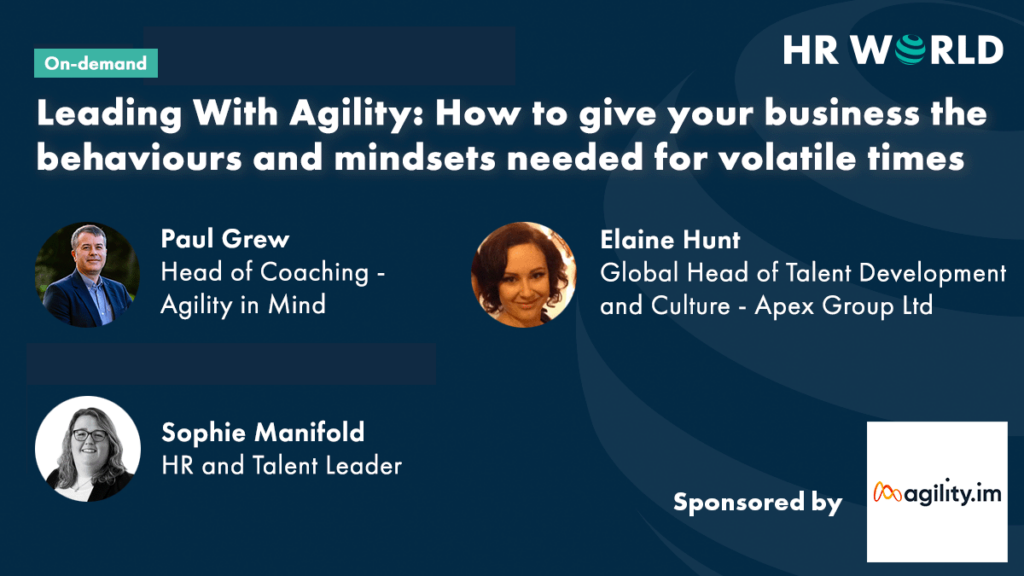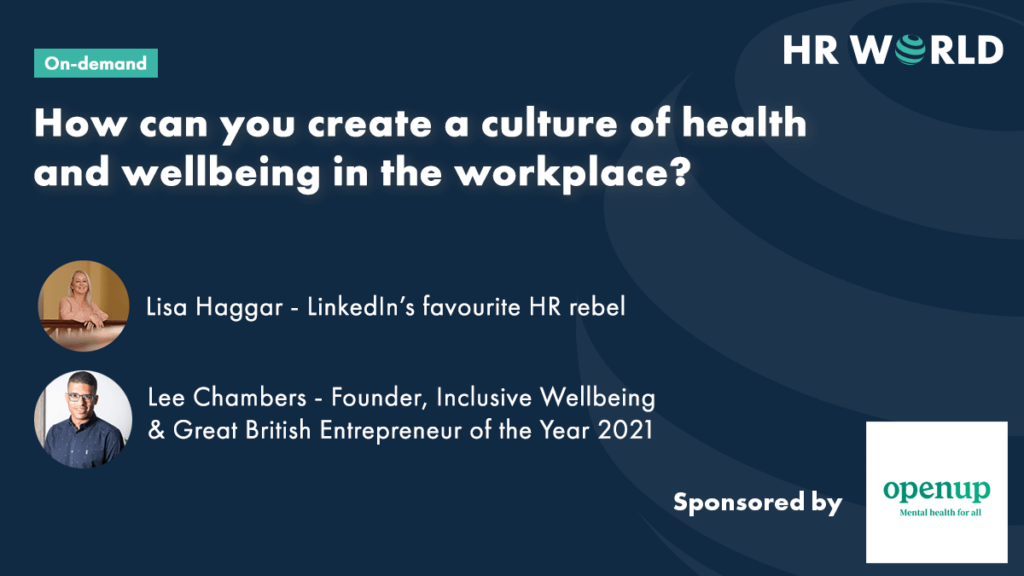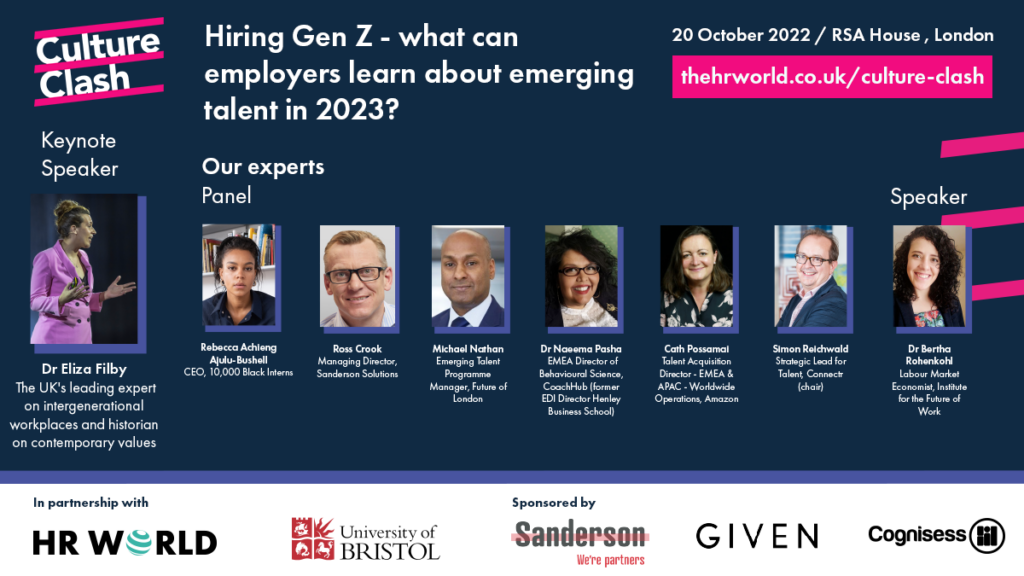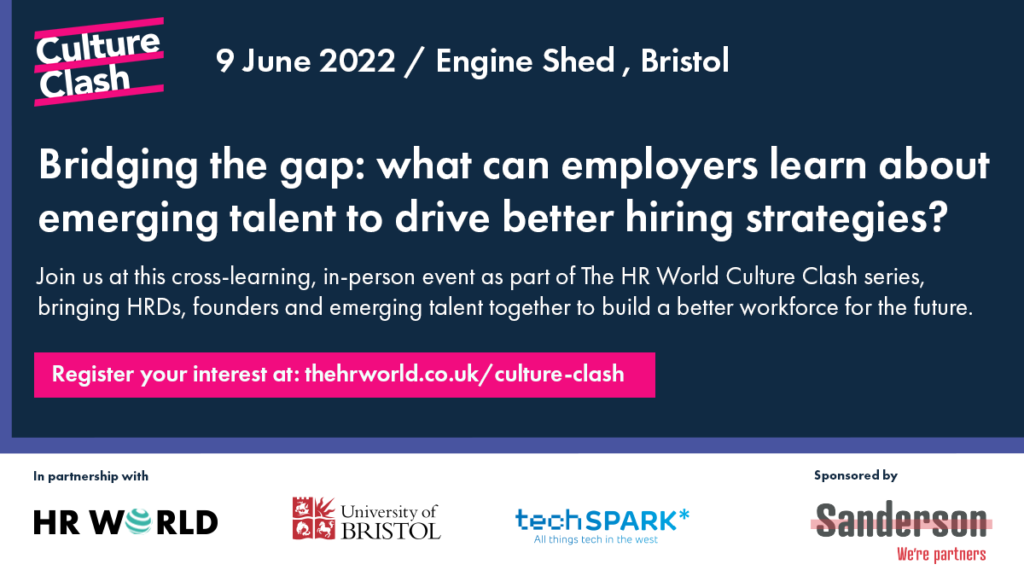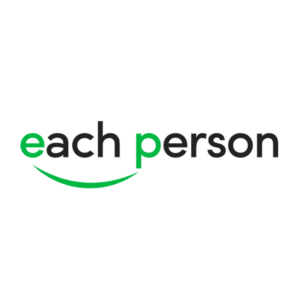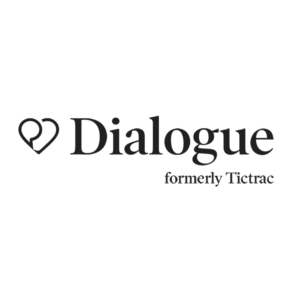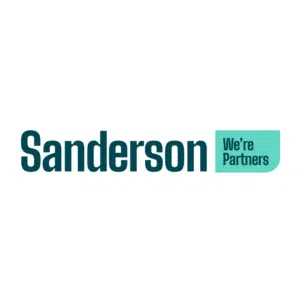Home » Knowledge Hub » Equality, Diversity and Inclusion » Allyship – Why we must be all aboard for creating real change
Allyship – Why we must be all aboard for creating real change
22 August 2022 Equality, Diversity and Inclusion

Story by
Jake Master Marketing Manager at Atkins
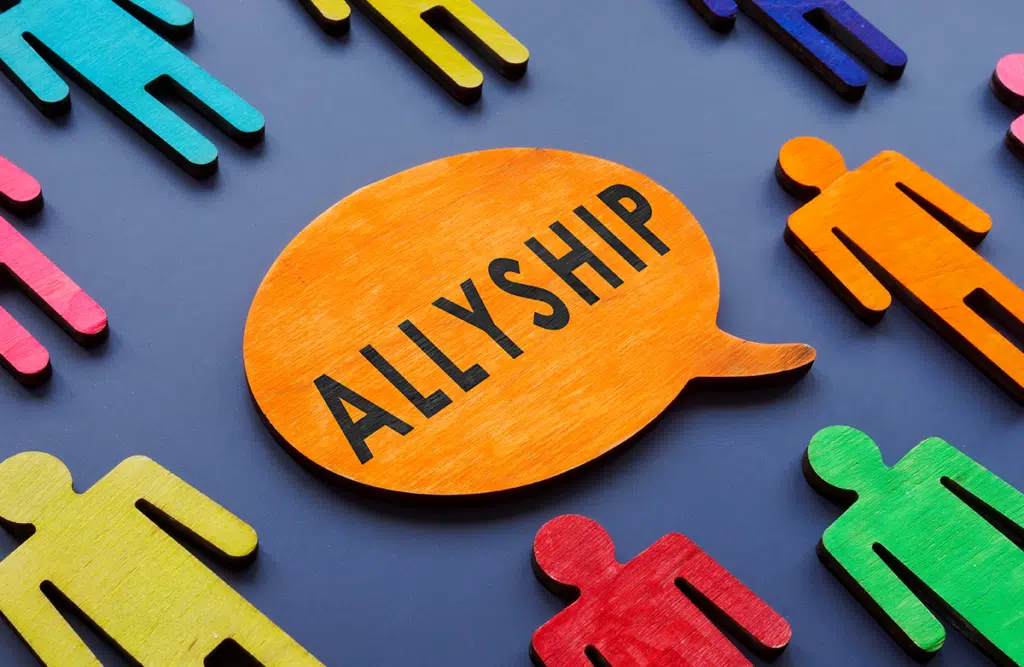
Engineering and construction can be seen as a culturally narrow profession, but Atkins – one of the world’s biggest engineering consultancies – is taking significant steps to change this perception.
Here, Jake Master, marketing manager at Atkins, argues that ‘allyship’ is an important part of making change happen.
Allyship: it’s a term that has emerged from obscurity, spreading from niche to mainstream, from campus to boardroom. It essentially means supporting change alongside individuals who have historically experienced exclusion and/or under-representation.
The social upheavals and reflections triggered by the pandemic and the events of 2020 have given rise to soul-searching and candid conversations within boardrooms. So, how can organisations that want positive change foster a culture that promotes it?
As well as being a moral imperative, the business implications are similarly vast. In 2021, Atkins and the Institute for Employment Studies commissioned a Career Deflection Report, revealing how our whole industry is experiencing an exit of talent due to a lack of engagement of underrepresented groups.
Every year, one in ten women aged 20-34 will leave the engineering industry to work elsewhere. Meanwhile, those from ethnic minorities are 16% more likely to leave the engineering profession than their white peers.
The causes are complex, but the consequences are clear: less diversity at the leadership level. In turn, this perpetuates the problems that lead to women and ethnic minorities leaving the industry and some people, such as disabled people, struggling to enter the workplace in the first place.
A lack of role models, a business culture lacking diversity of perceptive, and a dearth of resources and opportunities prompts affected individuals to either not enter the industry or to change industries.
For a variety of reasons, engineering has historically been a predominantly male pursuit, but only in relatively recent times are the effects of a lack of diversity being properly explored and understood.
User-first, or user-second?
Our industry is at a crossroads. We are increasingly coming to a point of recognising that all our design, our infrastructure, and our services, must be user-centred, if they are to achieve lasting value. In the past, the end user was usually only considered (if at all) once the more utilitarian decisions had been made, without the insights of diverse perspectives and with far less scope to make meaningful change. Now, we are shifting the user to the centre of our design processes.
Many industry bodies, institutions, and influential reports agree that making services user-centric is vital to improving our industry’s growth and success. However, for this to take effect, it needs allyship to go beyond words and become integrated and embedded in what we do.
If we are serious about user-centric design, it’s clear that design must be reflective of – and influenced by – a true representation of our society.
The annals of design are littered with examples that demonstrate how values, biases, and prejudices can unconsciously shape our buildings, our streets, and our public services.
To avoid locking-in bias into the next generation of infrastructure, we must first start to listen to those who have historically been excluded and under-represented in what we do. We must get better at understanding people’s diverse lived experiences.
Seen and heard
Allyship can help, provided that it is led from the top. Properly deployed, it’s a vital component of an inclusive culture, helping staff to have important conversations at work. Allyship begins with a recognition of the problem: that prejudice, bias, and unconscious habits are still too prevalent in our industry, and society at large.
For our society to be fairer, it must enable equal opportunities to all: otherwise, divisions rise, conflict increases, and creating effective communities becomes less likely.
For too long, under-represented and historically excluded groups have often had to shoulder an inequitable burden: prejudice and unconscious bias were everyday barriers to being truly accepted, included, and welcomed at work.
Often these biases were so hidden and implicit, that they were overlooked – except by those impacted by their consequences. All to-often, for example, members of ethnic minorities have avoided speaking out in their workplaces, not wanting to be perceived as a ‘trouble-maker’.
We are now witnessing a powerful and profound time of reflection within society and within our industry. Those who have experienced racist, sexist, homophobic, ableist, and all other kinds of prejudice and abuse are finding opportunities to be heard. Allyship is about taking the time and space to listen to one another and consistently and actively promoting diverse participation to bring about effective change.
These conversations, by their nature, are not easy.
Unease, guilt, shame, anger and fears of being misunderstood can be experienced by all who participate. It is not about achieving uniformity. It needs to also allow space for difference and diversity of perspective, within the context of mutual respect. Establishing safe spaces, mutual support, and friendly guidance can help provide space for all employees to speak, be heard, and listen effectively. In turn, this reduces conflict, ignorance, and shame that can lead to these cycles of mistrust and bias from repeating.
Inclusivity includes difference
Allyship is a declaration that you care about bringing about positive change; aiming to bring about openness and transparency into the workplace. By enacting it, we are more likely to achieve lasting acceptance of diversity in our structures, designs and communities, but only buy continuous and unceasing effort.
Fostering allyship depends upon having an inclusive culture. Everyone is different; inclusive cultures are about making these differences welcome. It’s about recognising differences while also establishing common values of respect and honesty.
When everyone feels seen, respected, and understood, they are much more likely to have the confidence to genuinely collaborate with others, without fear of misunderstanding, neglect, or rejection.
The impact it can have on staff retention is potentially enormous. In their 2018 report, ‘The Diversity and Inclusion Revolution’, management consultancy Deloitte found that eight out of ten engineers said that feeling included at work increased their motivation. Nearly seven out of ten said it increased their overall performance and half said it increased their engagement.
Top down, top marks
An atmosphere of safety, acceptance, and openness ultimately depends on leadership. If senior leaders cultivate inclusivity and embrace diversity whilst recognising differences, their employees will find it easier to be their authentic selves at work.
Authenticity isn’t a luxury, but a key aspect of mental wellbeing in the workplace and beyond. If someone doesn’t feel able to be true to themselves and truly authentic around others, they are much less likely to connect with their colleagues, their work, and ultimately their company. It’s hard to produce your best when you aren’t comfortable.
The leaders of our industry have a huge opportunity to create change: for both individuals who have experienced marginalisation, and for the industry as a whole. Leaders can choose to truly invest in their staff.
They can choose to create workplaces that genuinely reflect society. And they can choose to foster an atmosphere of inclusivity and openness, where people can be seen for who they really are. Together these changes can heal divisions, improve relations within the office, and lead to better teamwork: all of which diversifies recruitment outcomes, improves retention and boosts morale.
But it all starts with the willingness to have candid conversations. And that’s what allyship is all about – which is why it should be fostered within leadership and within workforce teams.
You can hear the Atkins podcast with Jake here.


